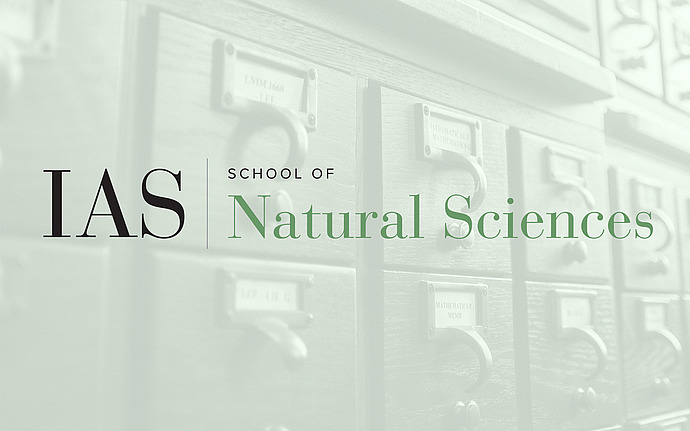
Princeton University Extrasolar Planet Discussion Group
Planet Formation and the Composition of Rocky Planets
The composition of a rocky planet tells us about the structure of the planet, its geology, what it might be like on the surface and ultimately whether or not it hosts life. Identifying the key processes during planet formation that control composition is crucial to understanding exoplanets, particularly as we start to detect many more rocky planets in the coming decades. White dwarfs that have accreted planetary material provide a unique window onto the composition of exoplanetary bodies. My talk will focus on how we can use the ratios of key species such as Ca/Mg, Ca/Fe observed in the white dwarf atmospheres to learn about planet formation. I will discuss observational evidence for a match between the compositions of planet-host stars and planets (Bonsor et al, 2021). I will explore how these observations of planetary material in the atmospheres of white dwarfs can tell us about how planetary bodies lose volatiles and form iron cores, exploring the geology of exoplanetary systems (Harrison et al, 2021b). I will present observational evidence (based on Mn/Na) that rocky planetary bodies in exoplanetary systems lost volatiles both during the initial phase of grain growth, whilst embedded in the nebula gas and later in the system's evolution, post-nebula, due to heating from impacts (Harrison et al, 2021a).
Date & Time
Location
Virtual MeetingSpeakers
Affiliation
Categories
Notes
Josh Winn is the organizer.